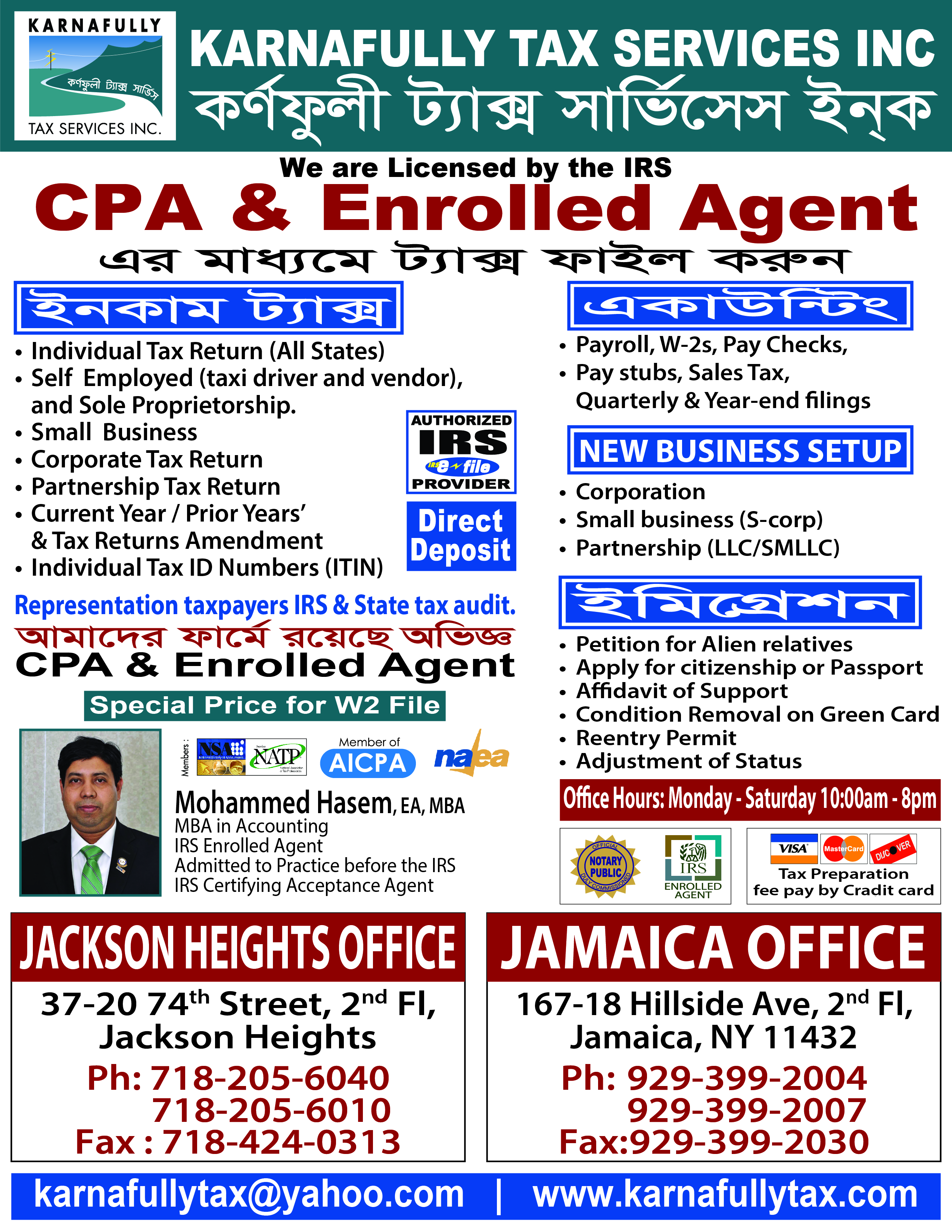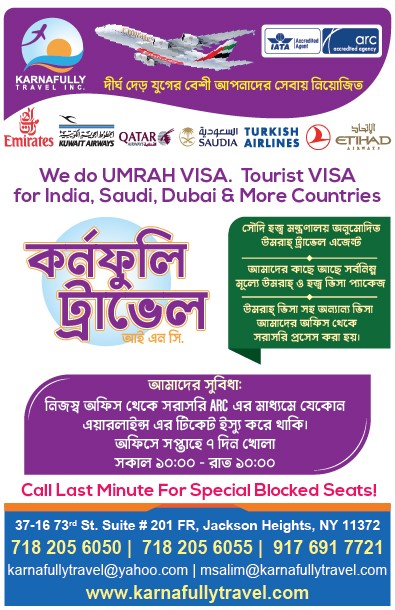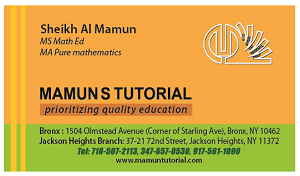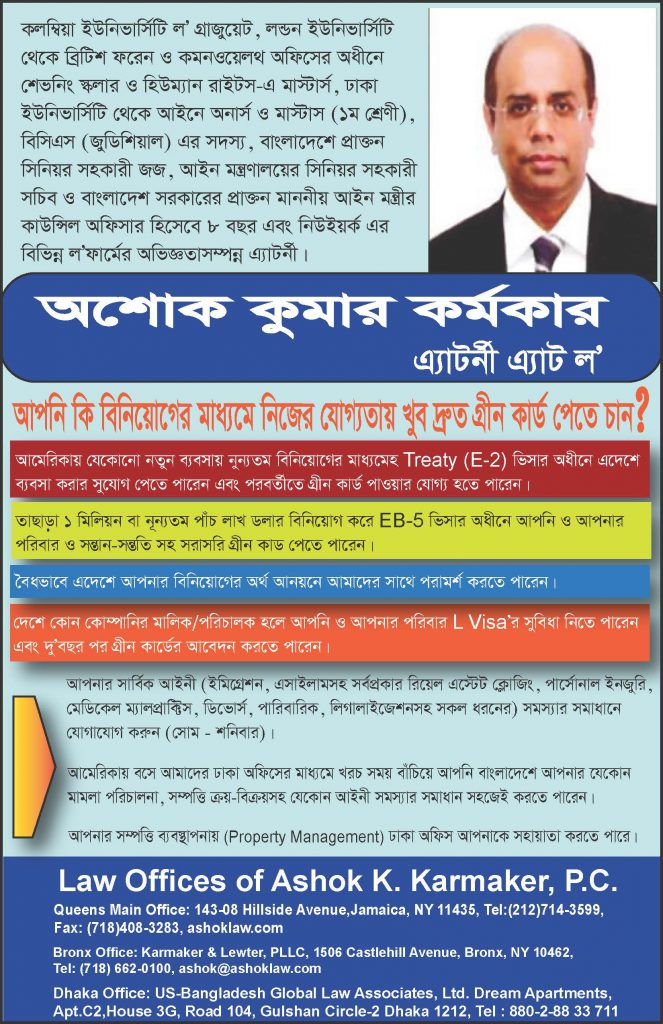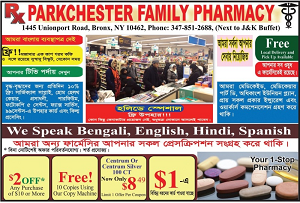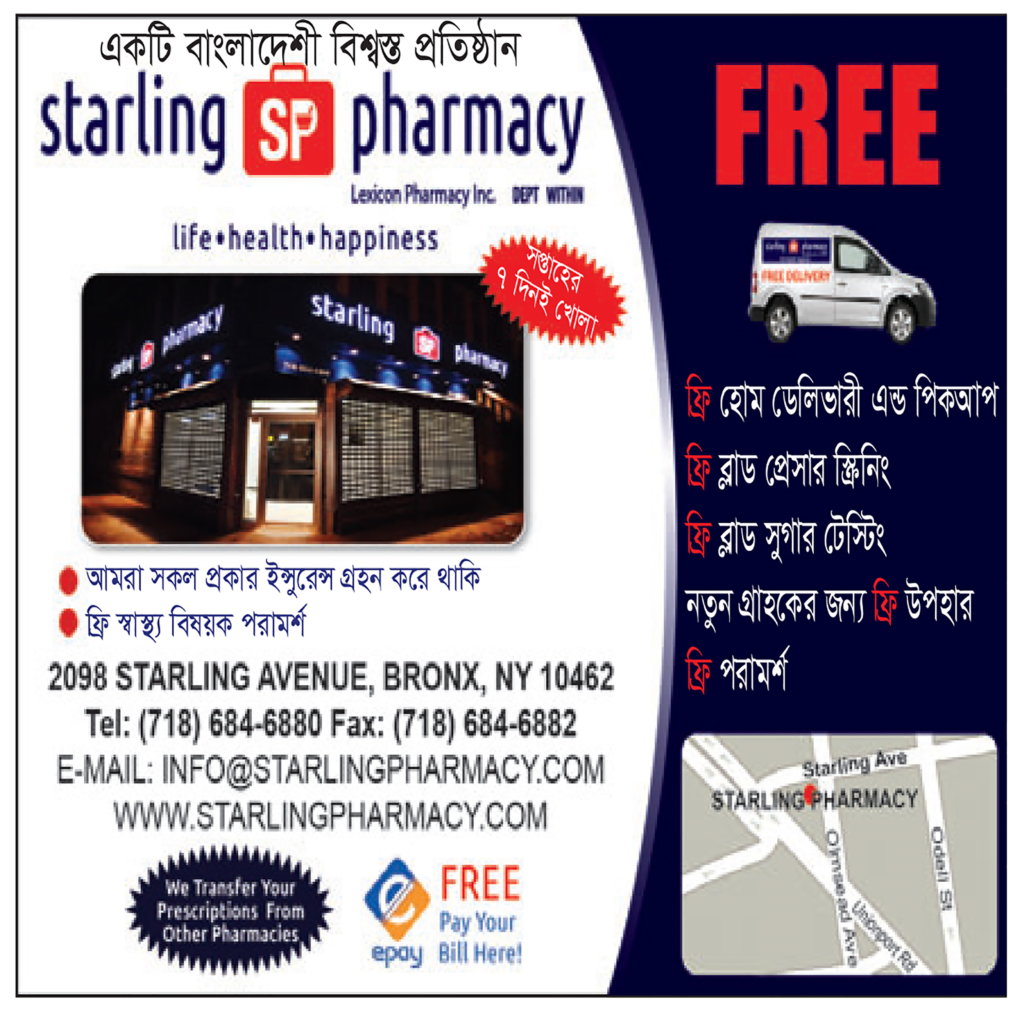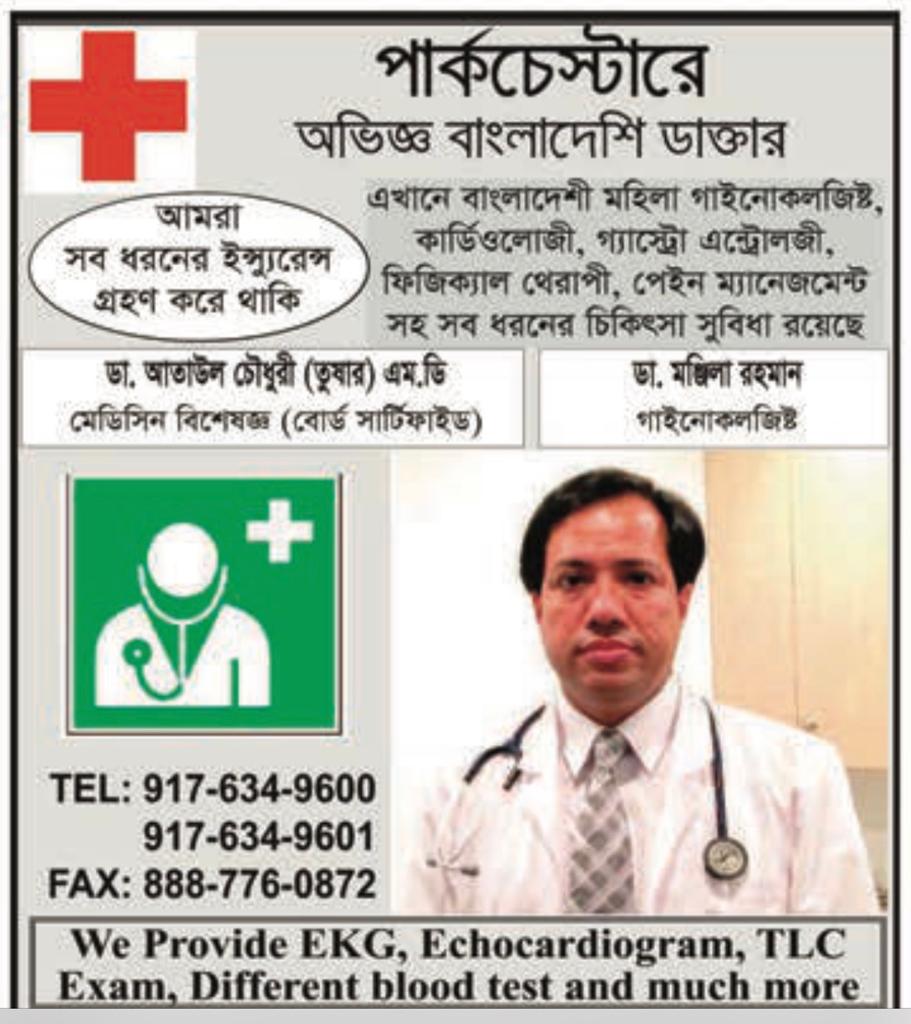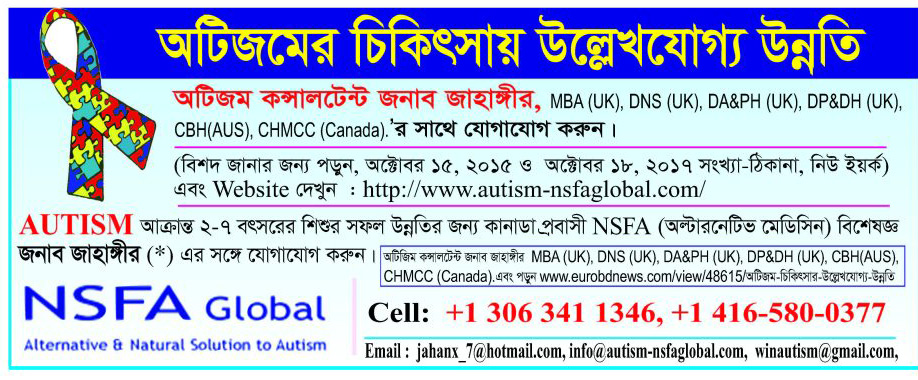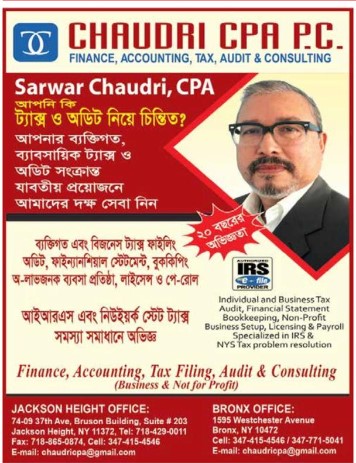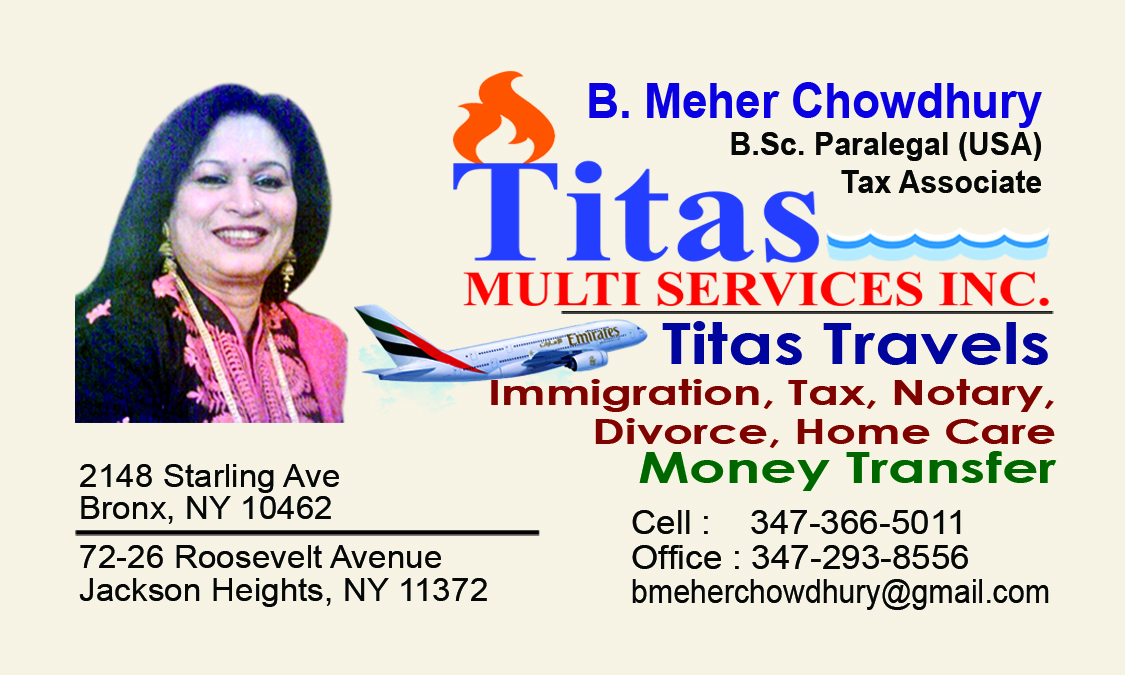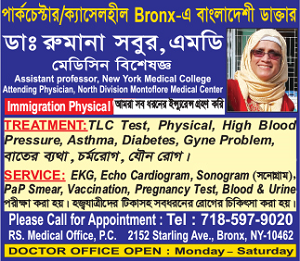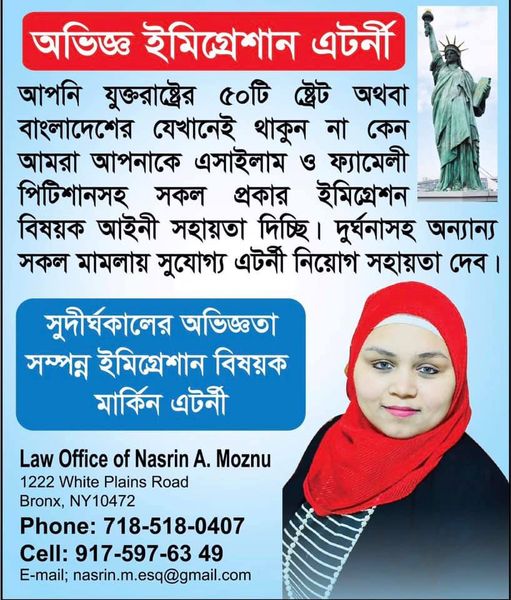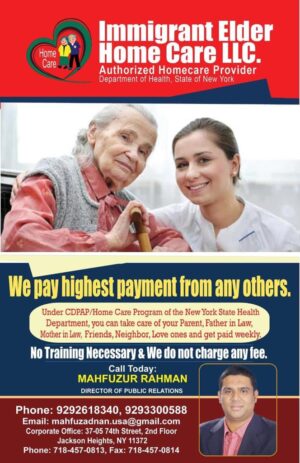M S Sheikh was nominated Chair on Immigration in Bronx C.B One

USANewsOnline.Com Desk, New York : As a foreign born US citizen, activist and longtime Bronx resident Mohammed Shahajahan Sheikh earned a B.S Degree in human services from Boricua College, New York and has a Master’s degree in Political Science from Dhaka Bangladesh. Mr. Sheikh’s outspoken voice of advocacy demonstrates himself as a respected community leader within a grassroots advocacy to the South Bronx. He has served as a first Vice Chairman of Bronx County Community Board one. He has served in the Community Board one since 2016 and currently serves as an executive Member of CB#1.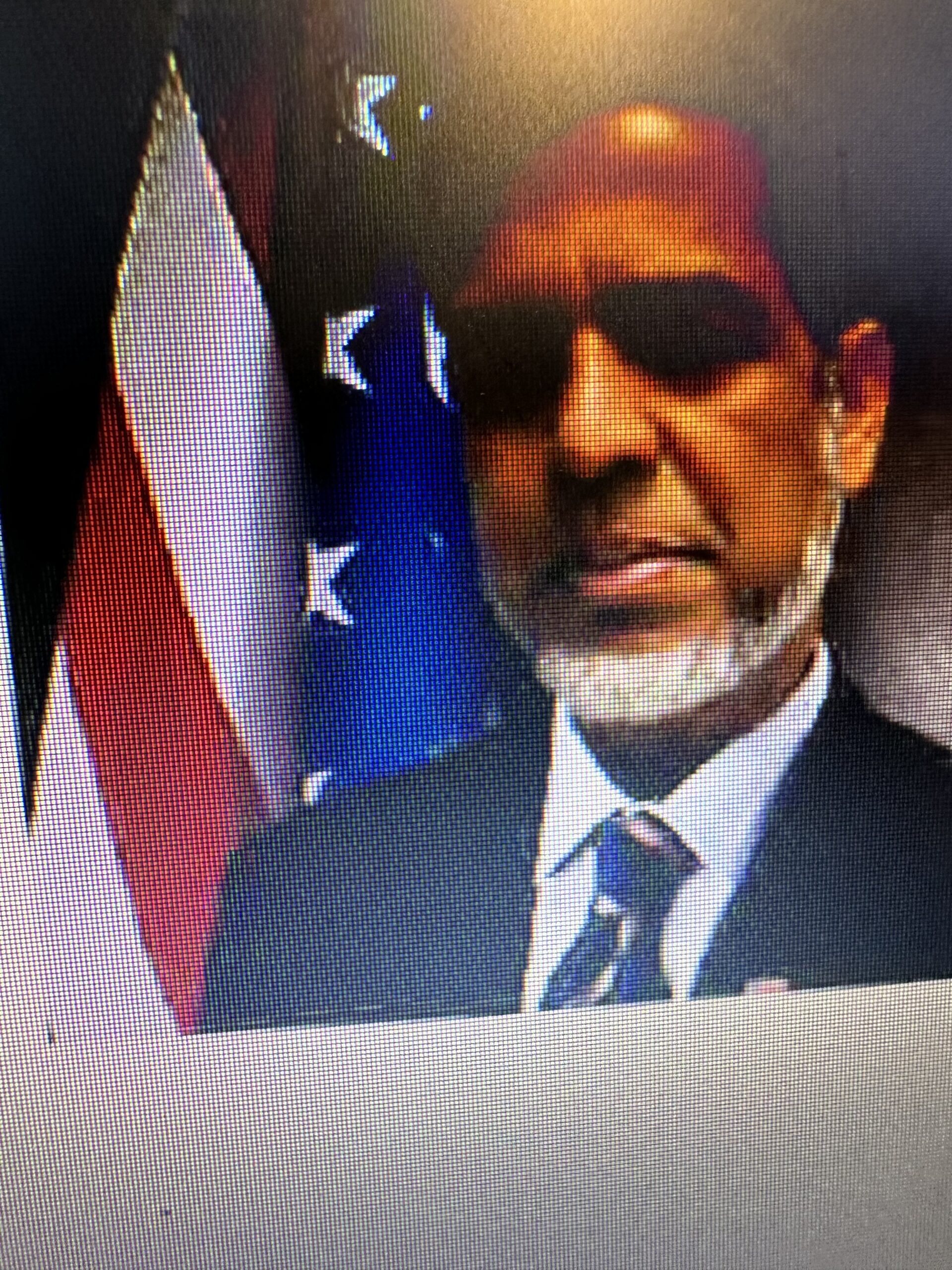
Last year he was appointed to the NYC health Hospitals Community Advisory Board (CAB) at the Gotham Belvis Facility. Where members make an invaluable contribution to hospitals and in turn in the surrounding community, by advocating for the highest standards in the quality of health care Services.
Mr. Sheikh has a great passion and a strong commitment to the development of both personal and intellectual skills required for further learning and leadership in the world. He works at Boricua College as an admission Officer working with the students of Arts, Science and Business and facilitates the tools and guidance to help their journey to leadership. He was recently nominated as a Chairman of Immigration committee in the South Bronx Serving Port Moris, Mott Haven and the Melrose section within the Community Board boundaries.
The Committee on immigration monitors the delivery of approved benefits resources and services from city agencies. This committee will work with our elected officials advocates and organizations through the district, borough and city to review pending legislation, housing, Language access education and work opportunities and program that were created to enhance the quality of life.
The committee will also help focus on the social problems which include 1. Poverty 2. Education 3. Securing housing 4. Language barrier 5 Cultural differences 6. Accessing services 7. Social functionality.



